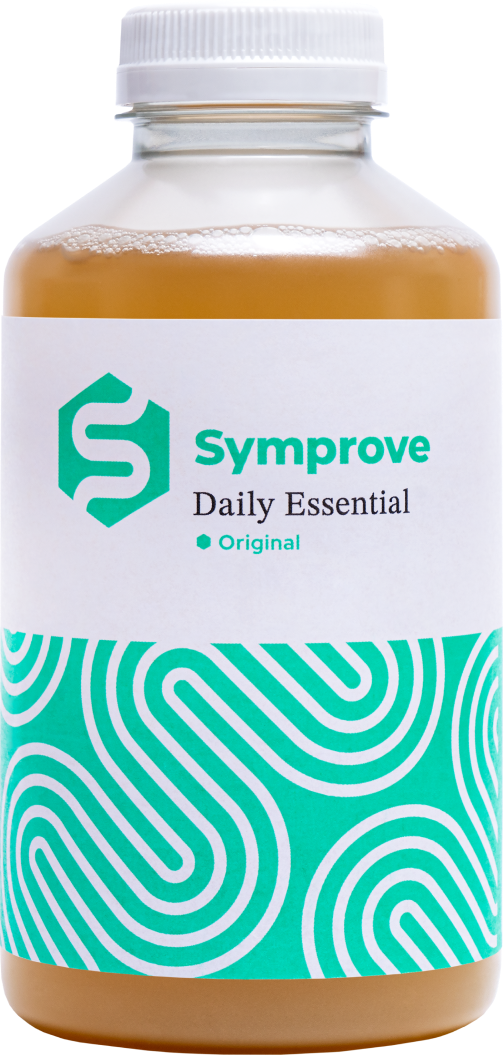As healthcare professionals, you may recommend probiotics to your patients in certain scenarios. This term is used in some guidelines (e.g. NICE guidelines for IBS) as well as being an accepted phrase in clinical practice.
However, from a regulatory perspective, the landscape is a little more complicated.
The term “probiotic” is defined as ‘live microorganisms which when administered in adequate amounts confer a health benefit on the host’ (WHO 2001). This definition was considered by the EU Commission to be a health claim. With Brexit, this position was maintained in the UK.
As this “claim” had not been through approval, it was deemed as unauthorised and not permitted for use with consumers. Despite nearly 400 health claim submissions relating to probiotics, to date only one claim has been authorised (in relation to live yoghurt and improved lactose digestion).
The impact of this is that the term “probiotic” is not permitted on foods/food supplements or in any commercial communications to consumers, such as adverts, promotions or paid social media posts, which can cause challenges for anyone recommended to take a probiotic. It should be noted that some brands will decide to take the risk and use this term, with the result that consumers may be able to find some, but not all, the probiotics available to them.
The EU position of “probiotic” being a health claim is being challenged and an increasing number of Countries are adopting their own position. The most recent is France. On 24th January 2023, the French authority (DGCCRF) issued a position which permitted the use of the term ‘probiotic’ as a category name to characterize the nature of the substances used in the food supplements. Conditions of use are applied, including that the micro-organisms used must fit the “probiotic” definition, that a daily dose should provide a sufficient amount of live cells of one strain to allow a significant number of live microorganisms to reach and develop in the gastrointestinal tract. The DGCCRF reference a range of 107 to 109 live cells of one strain per day.
Other than the use of the term “probiotic” to describe the category, the only claim permitted in France relates to an effect of probiotics on the ‘balance of the intestinal flora’. Similar national guidance has been issued in Italy, Czech Republic, the Netherlands and Spain.
As suitability of a probiotic depends on many factors including the species (and strain), viable state of the bacteria, ability to survive gut transit, delivery matrix etc, it is important to provide information to patients to equip them to find the best “bacteria product” for them.
- Clear signposting
With the potential for inconsistent use of the term “probiotic” in the UK, it may be helpful to reference other terms, such as live and active bacteria, single/multi-strain bacteria supplement, postbiotic (used by some brands in relation to probiotics to use during/after a course of antibiotics) or psychobiotic (used by some brands in relation to probiotics aimed at the gut-brain axis) when recommending the use of a probiotic to a patient.
- Individual assessment
There is no clear or standardised way to select a probiotic, largely because the science is not yet mature or robust enough in the majority of health areas to provide the level of guidance that would be liked. In addition, each patient is unique. It is therefore important to avoid grouping all ‘probiotics’ together. Take a prescriptive approach and assess efficacy based on the current evidence-base. Contact probiotic companies for research information.
If you choose to recommend a probiotic or a patient wishes to trial a probiotic, review the evidence-base for efficacy in that particular health condition/symptom and strain (this is important since different bacteria behave in different ways). Be pragmatic and acknowledge effectiveness will vary from person to person.
Further Reading
Chambers et al (2019) Translating probiotic science into practice - Chambers - 2019 - Nutrition Bulletin - Wiley Online Library



